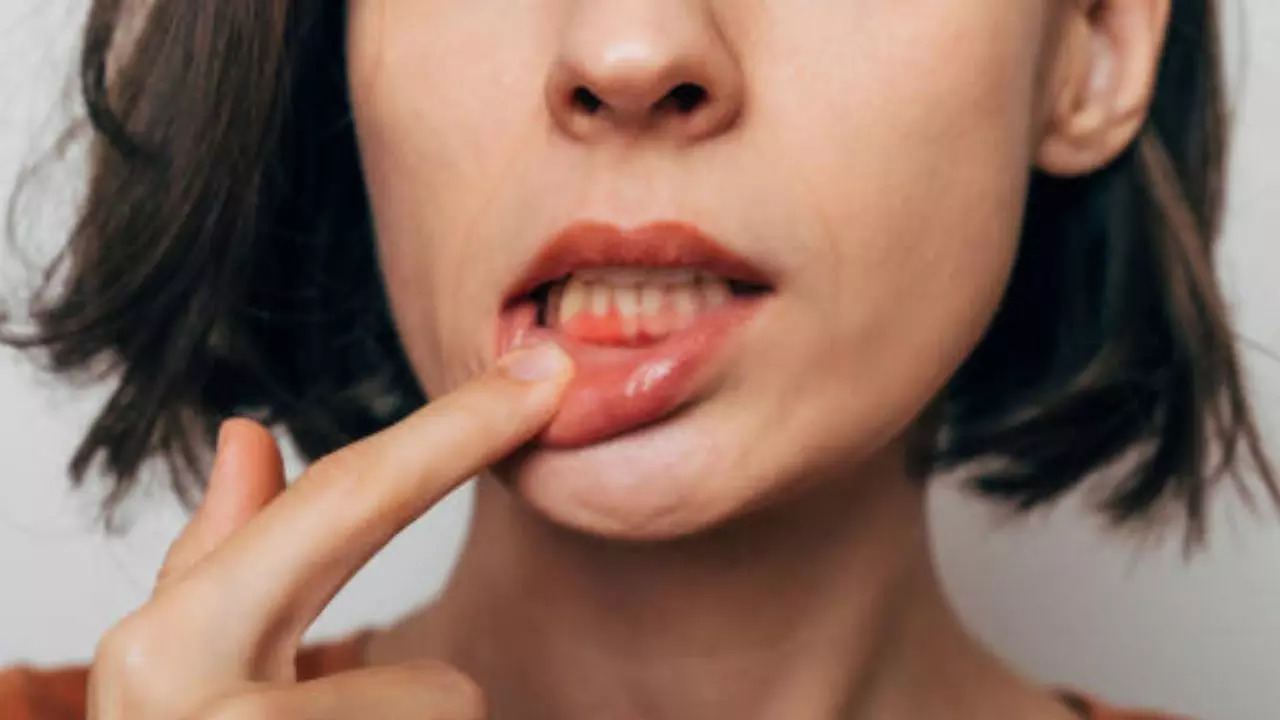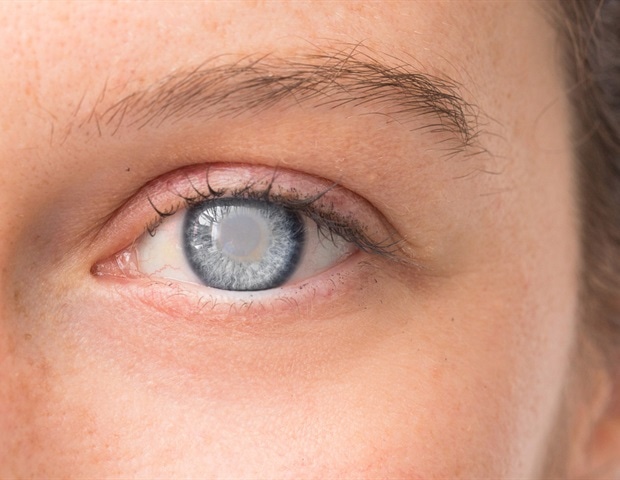
When we think of gum disease, we tend to picture older adults, but did you know that teenagers and young adults can also be at risk? One of the most common gum issues in young people is puberty gingivitis, a form of gum disease that often sneaks in during the teenage years. But the good news is that puberty gingivitis is both preventable and treatable. We got in touch with Dr Shubhankar Mehrotra, Resident Dentist and Proprietor, Orcadent Multi-speciality Dental Clinic, Gurugram who shares signs, causes, and ways to manage it.
What Is Puberty Gingivitis? Puberty gingivitis occurs when hormonal changes during puberty cause an increase in blood flow to the gums, making them more sensitive to plaque and bacteria. “Basically, during puberty, hormones like estrogen and testosterone spike, which can lead to inflammation in the gums. When plaque (the sticky film of bacteria that forms on teeth) builds up and isn’t properly removed through brushing and flossing, the gums become irritated and inflamed,” Dr Shubhankar said.
Key Signs of Puberty Gingivitis Here are the most common warning signs that you or someone you know may have puberty gingivitis: 1. Bleeding Gums: If your gums bleed easily when brushing or flossing, it’s a telltale sign of gingivitis. This happens because inflamed gums become more sensitive to touch.
2. Swollen, Red Gums: Gums that appear redder or puffier than usual are another major sign of gingivitis. Healthy gums should look pale pink and feel firm, but if they’re swollen and sore, that’s a clear sign of trouble.
3. Bad Breath That Won’t Go Away: No matter how much mouthwash or gum you chew, persistent bad breath could be a sign of bacteria buildup from untreated gum inflammation. 4.
Gum Sensitivity: If your gums feel tender or painful, especially while eating, brushing, or flossing, they’re likely inflamed due to gingivitis. Why Does Puberty Cause Gingivitis? Dr Shubhankar explains that the hormonal changes during adolescence make the gums more reactive to even small amounts of plaque. The extra blood flow to the gums can cause them to become more sensitive, swollen, and prone to bleeding.
When these hormone levels rise, it creates the perfect environment for bacteria to thrive if oral hygiene isn’t up to par. While gingivitis is often linked to poor brushing or flossing habits, puberty gingivitis can occur even in teenagers who think they’re doing a decent job. How To Manage Puberty Gingivitis? Dr Shubhankar shares that puberty gingivitis is reversible with some simple changes in your oral care routine: 1.
Brush and Floss Consistently: Brushing twice a day for at least two minutes is essential. Use a soft-bristled toothbrush and fluoride toothpaste. Don’t forget to floss daily, as this helps remove plaque and food particles from between your teeth and along the gum line, where your brush can’t reach.
2. Use an Antibacterial Mouthwash: Rinsing with an antibacterial mouthwash can help reduce plaque and bacteria in your mouth, giving your gums a break from inflammation. 3.
Regular Dental Check-ups: Visiting the dentist every six months (or more frequently if needed) is crucial. A professional cleaning can remove plaque and tartar buildup that regular brushing and flossing miss, helping to prevent or treat gingivitis. 4.
Eat a Balanced Diet: A healthy diet that’s low in sugary snacks and drinks helps prevent plaque buildup. Include more fruits, vegetables, and calcium-rich foods for healthy teeth and gums. 5.
Stay Hydrated: Drinking plenty of water throughout the day helps flush out food particles and bacteria from your mouth, keeping your gums cleaner. Don’t Ignore the Signs! “If you or a young adult you know is experiencing any of the signs of puberty gingivitis, it’s important to take action. Left untreated, gingivitis can progress to more serious gum disease, which can eventually cause damage to the bones supporting your teeth,” Dr Shubhankar said.
Get Latest News Live on Times Now along with Breaking News and Top Headlines from Health and around the world..














